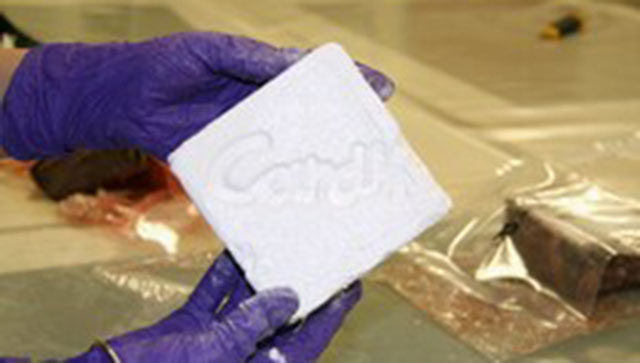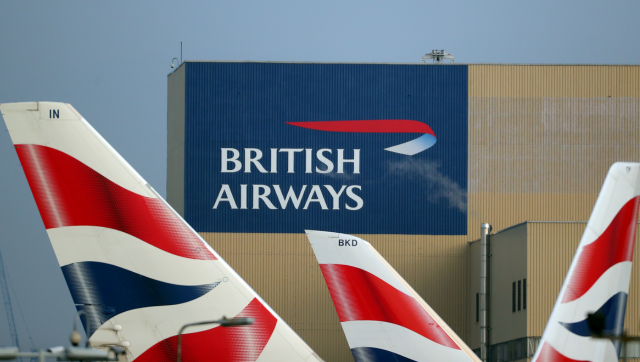Is hope glimmering on the horizon for Kingfisher Airlines?
According to a report in The Economic Times, the airline is confident of getting funds of up to $500 million (roughly Rs 2,940 crore) from private equity investors. Chief Executive Officer Sanjay Aggarwal said he is confident Kingfisher’s low valuations are attractive enough for investors to come bargain-hunting, especially after the government gives the final go-ahead for global airlines to invest up to 49 percent in local carriers.
Significantly, Aggarwal said the promoters would be willing to offload to the full extent of 49 percent if required, adding that the promoters would still retain 40 percent after that.
So does that mean the promoters are willing to let another investor sit in the driving seat -or cockpit - and lead the airline’s operations? Are they actually willing to cede management control?
Probably not, if Aggarwal is talking about handing over stake to a private equity investor, who typically makes a strategic investment and is not really interested in running a company. But then, it’s difficult to understand why a private equity investor would be willing to invest up to 49 percent in nearly-bankrupt Kingfisher Airlines.
Of course, if another airline becomes the main investor, it would be a completely different story.
Earlier this week, in an interview to the UK’s Times newspaper, Chairman Vijay Mallya, who has a 58.61 percent stake in Kingfisher (incidentally, 90 percent of those shares are pledged, according to this Reuters story), said there are two possible suitors for a rescue deal, but refused to name them.
Sources, however, told The Times that International Airlines Group, the owner of British Airways and Iberia, and Abu Dhabi’s flagship carrier, Etihad Airways, were the two likely candidates. (It is not clear how the promoters could retain 40 percent if they offloaded a 49 percent stake, as Aggarwal claimed in the ET story, if Mallya only has 58 percent).
Don’t get too excited at the prospect of the Kingfisher saga coming to an end soon, though. As this Financial Times blog post noted, Mallya, has, in the past, “ talked a big game when it comes to possible rescue deals for his ailing airline, including a $250 million deal he told the FT he was on the verge of closing in November”.
Indeed, CEO Aggarwal himself admits that any deal with investor/s is about six to eight weeks away.
That’s a long time for an airline that is so badly in need of funds that it can’t even pay its cash-and-carry payments to airport authorities. According to a Times of India report, the airline has Rs 5 crore in pending dues to the authorities.
That’s in addition to all the money it owes its staff (for salaries), fuel suppliers, lessors, banks and tax authorities.
There are some experts who believe that if the airline survives the immediate crisis, it might actually have a shot at long-term survival. “In the short term, it is in urgent need of money ,” said Sharan Lillaney, an aviation analyst at Angel Broking, told Reuters. “If they get about Rs 1,000 crore now, that will last them about three to six months; and after that we will definitely have FDI (approval for foreign direct investment).”
Of course, as Firstpost has argued before, FDI is not the cure-all for a sector struggling with such intense competition and high operating costs that five out of six local carriers have racked up massive losses.
Still, in some ways, it could mean the difference between life and death for Kingfisher - if it actually manages to rope in a knight in shining armour. On Wednesday, the airline’s management will meet its lender’s consortium to convince them to pump more capital into the troubled airline. The lenders have made it clear that they will provide extra cash only if the promoters bring about *Rs 1,500 crore to the table.
No word on that happening as yet. For now, the Kingfisher crisis rumbles on…
* As pointed out by our reader, we have corrected the figure to Rs 1,500 crore.
)
)
)
)
)